|
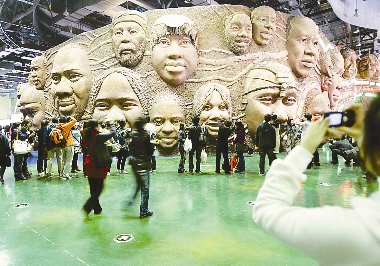
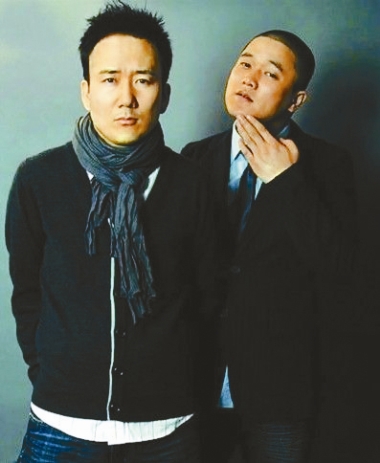
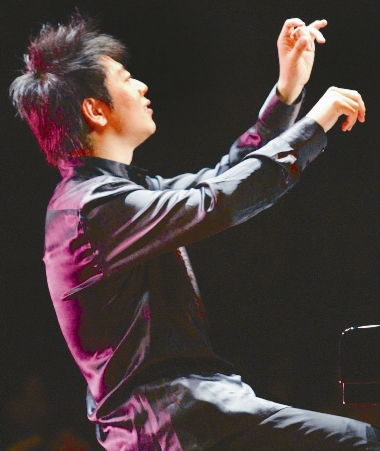
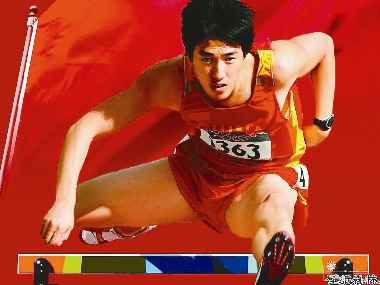
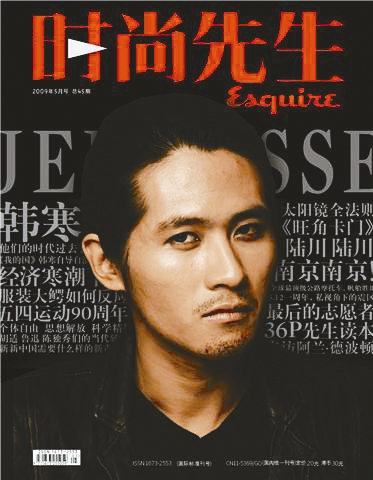

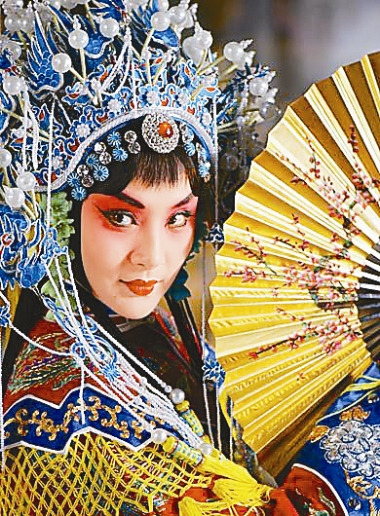
The past year was full of highs with a few lows. An online poll organized by the China Daily and Chinaculture.org listed the top 10 cultural events that ranged from gatherings to individuals, from the nation’s accomplishments on the world stage to everyday trends. Here’s a look at the happenings that stirred the nation in 2010.
1. Shanghai World Expo
China’s hosting of the World Expo for the first time offered a unique opportunity for cross-cultural dialogue and exchange. Visitors from around the world flocked to the expo to experience the diversity of world cultures as well as China’s rare treasures along with more than 20,000 performances.
The Shanghai Expo added a meaningful chapter to the Expo’s rich history, with a record 70 million visitors. It had the most participating countries in the history of the world’s fair and was the first World Expo in a developing country. It was the world’s biggest fair site yet, covering 5.28 square kilometers and was second only to the 2008 Beijing Olympics as the largest international gathering hosted in China. It was also the first Expo to focus on urban life and also the first time a virtual Expo had been launched.
2. Corporate battle
Late in the year, two Chinese Internet giants triggered a public storm. In November, following a dispute between China’s largest Internet company Tencent, and Qihoo 360, Tencent announced it would shut down the QQ instant-messaging service on computers installed with security software produced by Qihoo 360. Although government officials calmed the dispute, the companies’ actions were seen as selfish and detrimental to user interests.
The disputes reflected the flawed nature of corporate culture. Intense competition posed a challenge to the idea of fair marketing.
3. Guangzhou Asian Games
China’s biggest sporting gala after the 2008 Beijing Olympics, the 16th Asian Games, opened in Guangzhou, in November.
It was the largest Asian Games yet, featuring 28 Olympic and 14 non-Olympic sports with 476 gold medals up for grabs. It saw the debut of cricket, dancing, dragon boat racing, roller sports and Go chess. China fielded its largest squad, which won 154 gold medals in a total medal-haul of 304.
4. Spread of Confucius Institutes
In 2010, Confucius Institutes sprang up all over the globe. By July 2010, there were 104 Confucius Institutes and 79 classrooms in 31 countries in Europe. Thirty-two countries in Asia had about 74 Confucius Institutes and 30 Confucius classrooms. Five new Confucius Institutes were established in Russia, taking the total there to 17. Africa had 21 Confucius Institutes and four Confucius classrooms while the United States had more than 60 Confucius Institutes and about 30 Confucius classrooms.
5. Glowing World Heritage List
China’s Danxia Landform became the nation’s eighth natural heritage site to be placed on the World Heritage List on Aug. 1. The historic monuments at Dengfeng in Henan province also made the list. This took the number of China’s world heritage listings to 40.
In 2010, traditional Chinese medicine — acupuncture and moxibustion — and Beijing Opera were added to UNESCO’s Intangible Cultural Heritage List. Other intangibles, including Chinese wooden moveable type printing, leak-proof technology of Chinese junks and the Uyghur folk performance Meshrep, were included in the UNESCO List of Intangible Cultural Heritage in Need of Urgent Safeguarding, on Nov. 16.
6. The weibo phenomenon
2010 saw weibo, or micro-blogging, emerge as the latest fad on the Internet. Like twitter, the world’s leading micro-blogging service, weibo is used to share photos and stories with friends, follow news agencies, and keep up-to-date with the latest celebrity gossip.
7. Han Han’s ranking in Time magazine poll
Han Han, a professional race car driver, best-selling author and China’s most popular blogger, was second in Time magazine’s poll of the world’s most influential people.
Han Han added another feather to his cap, as editor and producer of the magazine, Party, of which all 500,000 copies of the inaugural issue were sold in just four days after being published on July 6.
8. Google drops .cn
In March, Google announced it had dropped its Chinese-language search engine Google.cn and was redirecting Chinese mainland users to another portal: Google.com.hk in Hong Kong.
Google continues to show confidence in the Chinese market.
9. Post-80s generation takes the lead
The nation’s so-called “Beat Generation” — the post-80s generation — emerged to take the lead in many areas of Chinese society.
Athlete Liu Xiang took the gold in the men’s 110m hurdles with a season-best 13.09 seconds at the Guangzhou 2010 Asian Games.
In May, basketball star Yao Ming was once again chosen on the National Players List and Ding Junhui won the fifth round of the 2010 World Snooker Championship.
World-renowned pianist Lang Lang, ambassador for the 2010 Shanghai Expo, gave a stirring performance at the opening ceremony.
Jia Ling, crosstalk supremo, performed at the 2010 CCTV Spring Festival Gala to much acclaim and Chopstick Brothers, wrote, directed and performed the leading roles in “The Old Boy” in 2010, which was also well received.
10.Dating Shows grow in popularity
A wave of dating shows wowed Chinese TV audiences, including “If You Are the One” on Jiangsu Satellite TV, “Just for You” on Hunan Satellite TV, and “Rush for Love” on Zhejiang Satellite TV.
“If You Are the One” created the biggest buzz because of its morally ambiguous and visually electrifying format. For some viewers, the show was more than a dating game; it was a mirror reflecting current social values.
(SD-Agencies)
|

